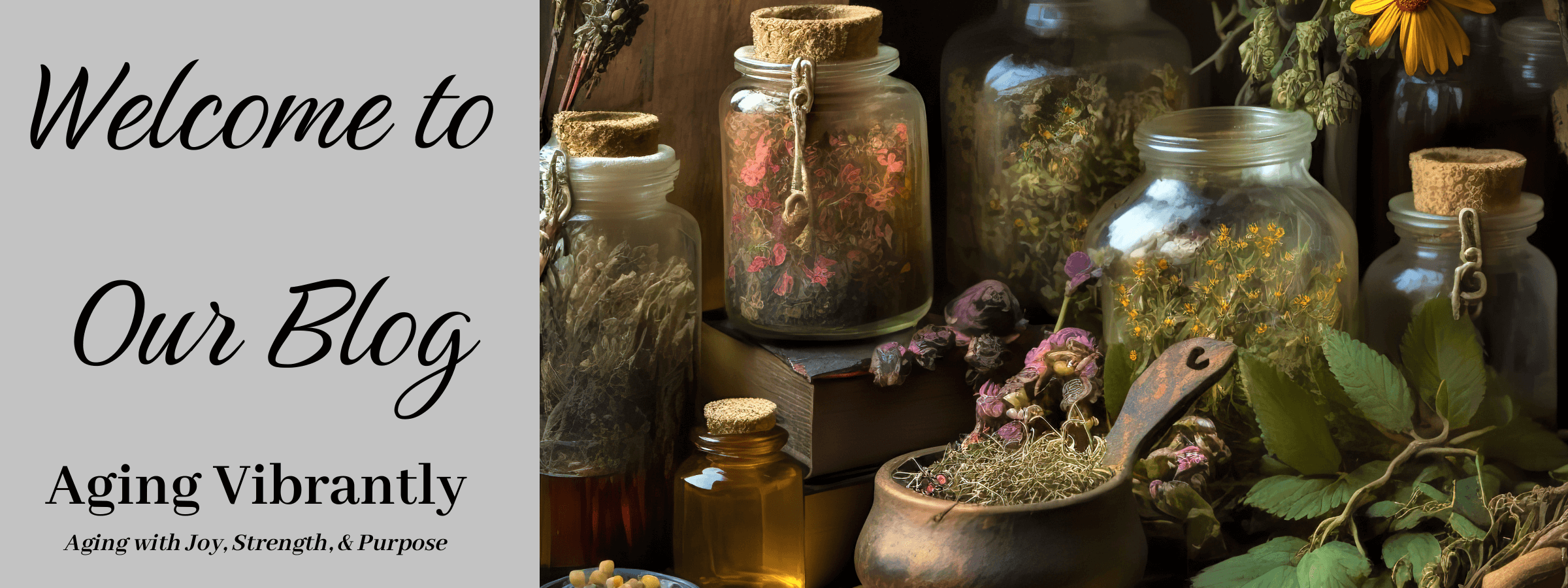
💬 Lifelong Learning: The Secret to a Young Mind
A curious mind is a powerful thing. The more we learn, the more our brains grow and adapt. Lifelong learning isn’t just about taking classes or reading books—it’s about keeping your mind active, curious, and engaged with the world around you.
As we age, our brains naturally change, but that doesn’t mean mental decline is inevitable. Science shows that learning new things can keep your brain young by strengthening connections between brain cells and improving memory, focus, and creativity.
🌱 Why Lifelong Learning Matters After 50
Many people believe education stops at retirement—but the truth is, learning later in life is vital for mental wellness after 50. Studies reveal that those who challenge their minds regularly have a lower risk of cognitive decline and even Alzheimer’s disease.
Whether it’s learning to play an instrument, mastering a new recipe, or exploring a new technology, each new skill you learn helps your brain form fresh neural pathways—keeping you mentally sharp and emotionally vibrant.
🧠 How Lifelong Learning Improves Mental Agility
Have you ever noticed how learning something new gives you a “mental spark”? That’s your brain growing stronger. Lifelong learning doesn’t just fill your mind with information — it keeps it flexible, alert, and resilient. Every time you challenge yourself to try something unfamiliar, your brain is literally building strength.
Here’s how that works:
| How It Works | What It Does for the Brain | Why It Matters After 50 |
|---|---|---|
| Stimulates Neuroplasticity | Learning creates and strengthens new connections between brain cells. | Keeps your mind adaptable, improving your ability to think clearly and remember details. |
| Engages Multiple Brain Regions | Reading, solving puzzles, or learning an instrument activates several brain areas at once. | Helps you stay mentally sharp and enhances focus. |
| Improves Memory & Focus | Practicing new skills challenges your recall and attention span. | Supports better day-to-day concentration and confidence. |
| Boosts Motivation & Mood | Mastering something new releases dopamine — your brain’s “feel-good” chemical. | Improves emotional balance and mental wellness after 50. |
| Encourages Flexible Thinking | Trying unfamiliar ideas or viewpoints exercises your brain’s adaptability. | Builds resilience and creative problem-solving. |
| Strengthens Social Connection | Learning in groups or classes fosters conversation and empathy. | Reduces isolation and supports a vibrant, joyful life. |
In simple terms, lifelong learning improves mental agility by strengthening the pathways that help your brain process information quickly and adapt to new challenges. Just like muscles respond to physical exercise, your brain thrives on mental movement.
When you read, create, explore, and ask questions, you improve brain function naturally — without fancy supplements or expensive programs. It’s all about staying curious, open-minded, and engaged with life.
✨ How to Stay Mentally Agile After 60
You don’t need to go back to school to boost your brainpower. Try adding a few of these enjoyable habits to your week:
| Activity | How It Helps |
|---|---|
| Take an online class or webinar | Expands knowledge and challenges memory |
| Join a book or Bible study group | Encourages conversation and critical thinking |
| Learn a new hobby like painting or gardening | Boosts creativity and problem-solving skills |
| Play brain games or puzzles | Strengthens attention and recall |
| Volunteer or mentor others | Stimulates purpose and connection |
Each of these activities helps you stay mentally agile after 60 while also supporting social and emotional well-being.
🍎Improve Brain Function Naturally
Your daily choices have a powerful effect on brain health. Here are a few natural ways to improve brain function:
- Eat brain-boosting foods: Salmon, berries, leafy greens, and walnuts support focus and memory.
- Move your body: Regular exercise increases blood flow to the brain.
- Get good sleep: Deep rest helps your brain repair and store new information.
- Manage stress: Prayer, deep breathing, and time outdoors calm your mind and protect brain cells.
- Stay hydrated: Even mild dehydration can affect concentration.
These simple habits work together to keep your brain energized and alert—naturally.
🙏 Faith and Mental Wellness After 50
Spiritual growth is another beautiful form of lifelong learning. Reading Scripture, reflecting on God’s Word, and joining small-group studies build both faith and focus.
Proverbs 1:5 reminds us, “Let the wise listen and add to their learning.” Each time we study, reflect, or share what we’ve learned, we keep our minds sharp and our spirits strong.
🌸 Keep Growing, Keep Glowing
No matter your age, your brain is built to learn. Every new skill, idea, or challenge keeps your mind flexible and youthful.
Start small—read about a new topic, try a class, or reconnect with an old passion. You’ll find that curiosity not only keeps your brain young but also brings joy, confidence, and deeper purpose to your days.
✨ Call to Action:
Ready to challenge your mind and nurture your spirit? Join the Aging Vibrantly Lifelong Learning Challenge and discover joyful ways to keep learning—and glowing—at every age.
Ready to challenge your mind and nurture your spirit? Join the Aging Vibrantly Lifelong Learning Challenge and discover joyful ways to keep learning—and glowing—at every age.
Please share how you are learning and growing in the comments.






















0 Comments